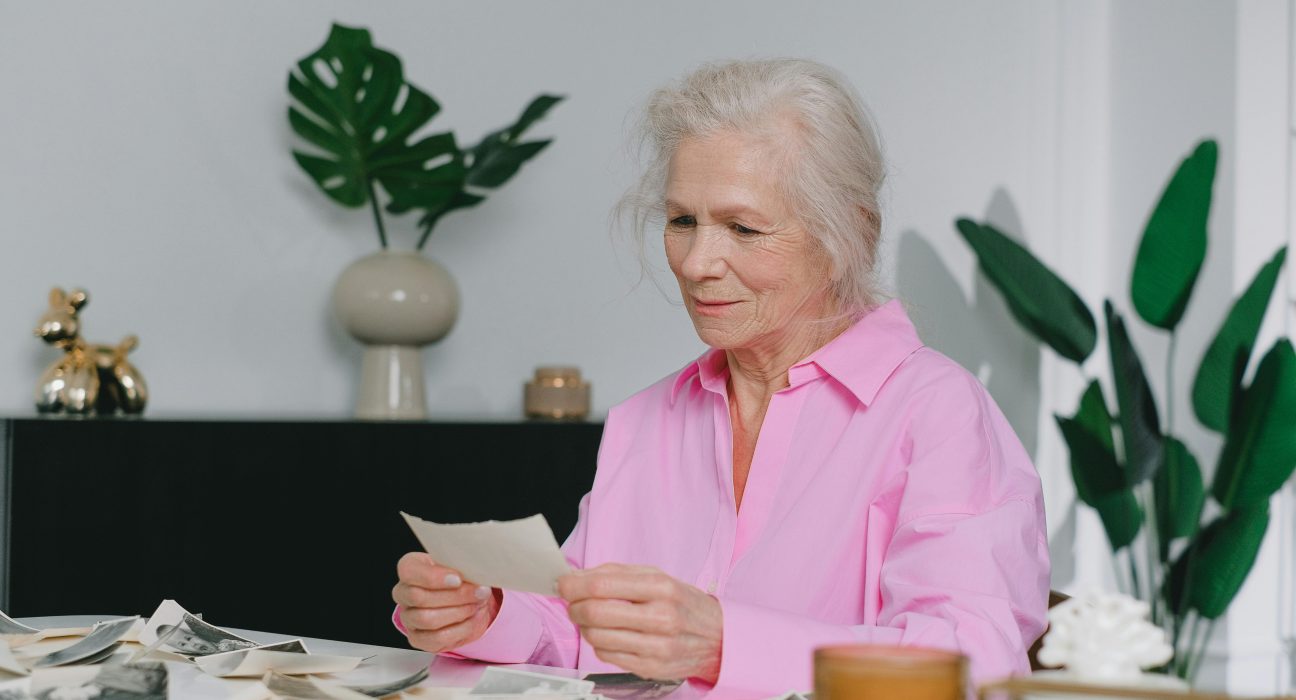Alzheimer’s disease is a progressive brain disorder that affects memory, thinking, and behavior. It is the most common cause of dementia and mostly affects older adults. As Alzheimer’s slowly gets worse over time, recognizing the early signs and knowing how to care for someone with the condition is essential for improving quality of life.
In this post, we’ll explain what Alzheimer’s is, its early signs, how it’s diagnosed, and offer simple care tips that can help both patients and caregivers navigate this journey.
What is Alzheimer’s Disease?
Alzheimer’s is a brain disease that gradually destroys a person’s memory and ability to think clearly. Over time, it can affect a person’s ability to carry out simple daily tasks, like dressing, eating, or even recognizing loved ones.
Key Facts:
- Alzheimer’s is not a normal part of aging.
- It usually starts after age 65, but early-onset Alzheimer’s can begin earlier.
- There is no cure, but early diagnosis and care can slow the progress.
How Alzheimer’s Affects the Brain
The brain of a person with Alzheimer’s shows two key features:
- Plaques – clumps of a protein called beta-amyloid that damage brain cells.
- Tangles – twisted strands of another protein called tau that kill brain cells.
These changes cause the brain to shrink and lose connections between nerve cells.
Early Signs of Alzheimer’s
Spotting Alzheimer’s early can help patients get treatment, plan ahead, and stay independent longer. Here are some early warning signs to watch for:
1. Memory Loss That Disrupts Daily Life
Forgetting recently learned information, important dates, or asking for the same information again and again.
2. Difficulty Planning or Solving Problems
Struggling with familiar tasks like following a recipe or keeping track of bills.
3. Confusion with Time or Place
Losing track of dates, seasons, or where they are.
4. Trouble Understanding Visual Images
Difficulty reading, judging distances, or recognizing faces.
5. Problems with Words in Speaking or Writing
Stopping in the middle of a conversation, repeating themselves, or struggling to find the right word.
6. Misplacing Things and Losing the Ability to Retrace Steps
Placing items in unusual places and being unable to find them.
7. Poor Judgment
Giving away large sums of money, or not paying attention to hygiene and grooming.
8. Withdrawal from Work or Social Activities
Avoiding hobbies, social events, or projects due to fear of forgetting.
9. Changes in Mood and Personality
Becoming confused, suspicious, depressed, or easily upset.
How is Alzheimer’s Diagnosed?
There is no single test for Alzheimer’s, but doctors use a combination of methods:
- Medical History and Family Background
- Mental Status and Memory Tests
- Neurological Exams
- Brain Imaging (CT, MRI, or PET scans)
- Blood Tests to rule out other causes
Getting a diagnosis early is important to start planning care and support.
Stages of Alzheimer’s
Alzheimer’s usually progresses in three main stages:
1. Early Stage (Mild)
- Slight memory lapses
- Trouble with everyday tasks
- Still independent, but needs reminders
2. Middle Stage (Moderate)
- Increased memory loss and confusion
- Personality and behavior changes
- Needs help with dressing, eating, and other tasks
3. Late Stage (Severe)
- Major loss of communication skills
- Requires full-time care
- Physical health also starts to decline
Care Tips for Alzheimer’s Patients
Caring for someone with Alzheimer’s can be challenging, but with love, patience, and the right support, it is possible to improve their quality of life. Here are some care tips:
1. Establish a Routine
People with Alzheimer’s feel more secure with a predictable daily routine. Schedule meals, medication, and activities at the same time each day.
2. Use Simple Language
Speak slowly, clearly, and use simple words. Ask one question at a time and give them time to respond.
3. Keep Things Familiar
Avoid major changes in furniture, living space, or routines. Familiar settings help reduce confusion and anxiety.
4. Use Visual Aids and Labels
Label drawers, rooms, and items with words or pictures to help them find what they need.
5. Encourage Physical Activity
Simple walks, stretching, or gentle exercises can improve mood and maintain strength.
6. Engage Their Mind
Puzzles, music, art, or reading simple books can keep the brain active and boost self-esteem.
7. Focus on Nutrition
Make sure they eat healthy meals with plenty of fruits, vegetables, and whole grains. Finger foods can help if using utensils becomes hard.
8. Create a Safe Environment
- Remove rugs to avoid trips
- Install handrails and grab bars
- Use locks on cabinets with harmful items
- Use nightlights to prevent falls
9. Practice Patience
They may repeat questions or forget who you are. Try to stay calm, respond with love, and avoid correcting or arguing.
10. Get Support
Caregiving is not easy. Join support groups, talk to a counselor, and don’t hesitate to ask for help from friends or professionals.
Self-Care for Caregivers
Being a caregiver can be emotionally and physically exhausting. Here are a few ways to take care of yourself:
- Take short breaks whenever you can.
- Talk to others — you’re not alone.
- Eat well, get enough sleep, and stay active.
- Accept help when it’s offered.
- Don’t feel guilty for needing time for yourself.
When to Consider Professional Care
As the disease progresses, you might need more help. Some signs it might be time to consider professional care:
- The person is unsafe alone.
- Caregiver stress is overwhelming.
- The person needs help with most daily tasks.
- You can’t provide medical care they need.
Some care options include:
- In-home caregivers
- Adult day care centers
- Memory care facilities
- Nursing homes with Alzheimer’s support
Living with Alzheimer’s: A Message of Hope
While there is no cure yet, people with Alzheimer’s can still enjoy meaningful moments, connect with loved ones, and live with dignity. Early diagnosis, proper care, and emotional support can make a big difference.
Researchers continue to study new treatments and are working toward a cure. In the meantime, awareness, compassion, and care are our best tools.
Final Thoughts
Understanding Alzheimer’s helps break the stigma and builds a more supportive world for those affected. Whether you’re a caregiver, a friend, or someone facing Alzheimer’s yourself, know that you are not alone.
Stay informed. Be patient. Show love.





